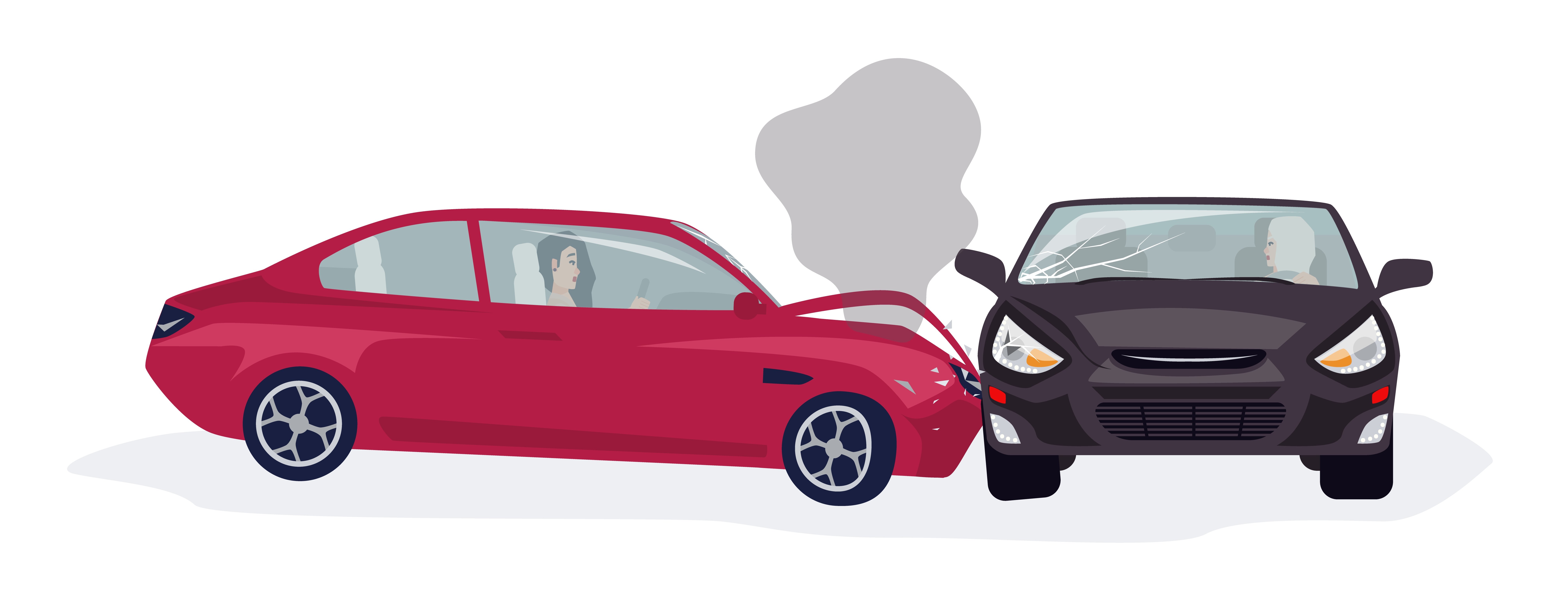
Florida has a high rate of hit and run accidents. Even though leaving the scene of an accident is a crime, about a quarter of all accidents in the state are hit and runs, according to Florida Highway Safety and Motor Vehicles (FLHSMV).
When drivers leave the scene of an accident involving injuries, it can mean a delay in medical treatment for the victims. It can also leave them with nowhere to turn to seek compensation and justice.
If you were hurt by a hit and run driver, or your property was damaged by a driver who left the scene, a Jacksonville hit and run accident lawyer may be able to help you obtain a settlement to help with your costs. If the hit and run driver is apprehended, they could owe you civil damages in addition to any criminal charges they face. Contact Ben Crump Law, PLLC at (844) 730-0233 for a free consultation with one of our team members today.
Leaving the Scene of an Accident Is a Crime
Florida Statute §316.027 mandates drivers to stop at the scene of an accident involving bodily injury or death. The law also states that if a driver leaves the scene, they will be charged with a crime and, if convicted, will be ordered to fully compensate the victims for their damages and losses.
According to the FLHSMV, Florida’s hit and run laws were amended in 2014 and renamed the Aaron Cohen Life Protection Act after a bicyclist who was killed in a hit and run accident in 2012. The law imposes stricter penalties on drivers convicted of leaving the scene of a fatal accident.
The hit and run penalties are as follows:
- Property damage – If a driver leaves the scene of an accident involving property damage, but no injuries, you could be charged with a second-degree misdemeanor. The penalty is up to 60 days in jail and a $500 fine.
- An accident with injuries – Drivers convicted of a hit and run with injuries will be charged with a second or third-degree felony and have their license revoked for at least three years. They may serve up to five years in prison and pay a $5,000 fine.
- Fatality accidents – Leaving the scene of a fatality accident is a serious infraction. At a minimum, those convicted will serve four years in prison, but they could face a maximum sentence of up to 30 years and a fine of $10,000. The crime is a first-degree felony and results in losing your driver’s license for a minimum of three years.
Criminal cases are separate from any civil action you may pursue. In a civil case, the court cannot impose a fine or sentence, but it can order the defendant to compensate you for your damages.
In a hit and run settlement, you may receive monetary awards to pay for your medical care, property damages, and other expenses. Awards can also be sought for pain and suffering. In hit and run cases in Florida, there is a possibility the defendant may be ordered to pay punitive damages because of the inherent malice and recklessness involved in the decision to leave the scene of an accident, especially when another person has been hurt or killed.
A Jacksonville hit and run accident lawyer can assist you with a wrongful death lawsuit if your family member died from their hit and run accident injuries. You may be able to seek economic and non-economic damages, punitive damages, and survivor benefits.
For a free legal consultation with a hit and run accidents lawyer serving Jacksonville, call (844) 730-0233
Why Do Drivers Hit and Run?
According to the Washington Post, on average, hit and run accidents kill nearly six people every day in the United States, and the occurrence of hit and runs is on the rise. To many of us, it is unimaginable that we could hit and injure another person, and then drive off without offering any help. But researchers point to a variety of reasons why a driver may flee.
For some, leaving the scene could be a purely psychological response. Drivers simply may not be able to mentally cope with the idea they hit someone, so they rationalize their behavior or deny that what they hit was another person. They may convince themselves they struck an animal or that the accident was minor and nothing to be concerned about.
For others, leaving the scene could be an attempt to avoid further trouble. A study cited by the Washington Post found that many hit and run drivers left the scene because they were driving under the influence, concerned about how the accident would affect their insurance premiums, or worried about being apprehended for other, unrelated crimes.
Whatever, the reason, fleeing the scene of an accident is wrong. Not only is it against the law, but it leaves victims without the help they may need to seek medical attention. Hit and runs that result in a fatality are tantamount to homicide in the eyes of the law.
Jacksonville Hit and Run Accident Lawyer Near Me (844) 730-0233
What to Do Following a Hit and Run
Make sure you report your hit and run accident to the authorities. Not only is accident reporting the law, but it is also essential you make a report so the authorities can investigate your crash and look for the driver.
You may be able to seek some compensation through your insurance provider. If you were injured, at least a portion of your medical expenses should be covered by your personal injury protection (PIP) policy. You may be entitled to additional benefits if you have purchased optional coverage against an uninsured motorist. Contact your insurance company to begin working on your claims.
Click to contact our Jacksonville Car Accident Lawyers today
Contact a Jacksonville Hit and Run Accident Lawyer
If you were injured in a hit and run accident, the driver who left the scene should pay. Not only should the driver who fled be held accountable by criminal laws, but they should also be responsible for the damages you have suffered.
There is no excuse for leaving the scene of an accident, especially when an innocent person has been injured. An attorney can help you make sure the driver who hurt you does not get away with their illegal and negligent actions. For assistance with your hit and run accident case, contact Ben Crump Law, PLLC at (844) 730-0233.
Call or text (844) 730-0233 or complete a Free Case Evaluation form








